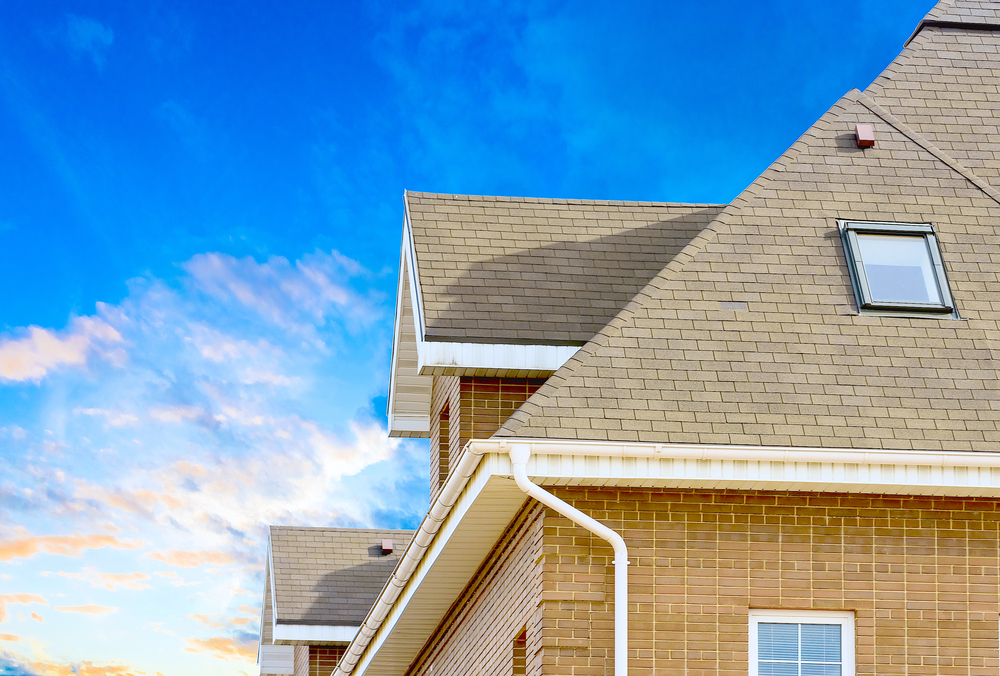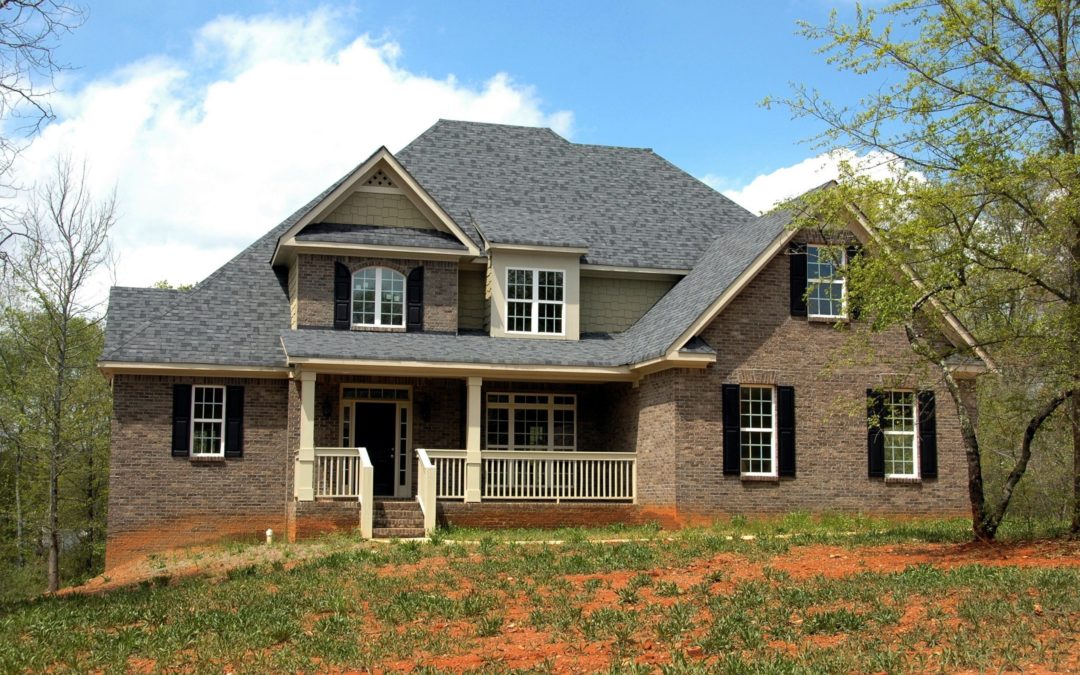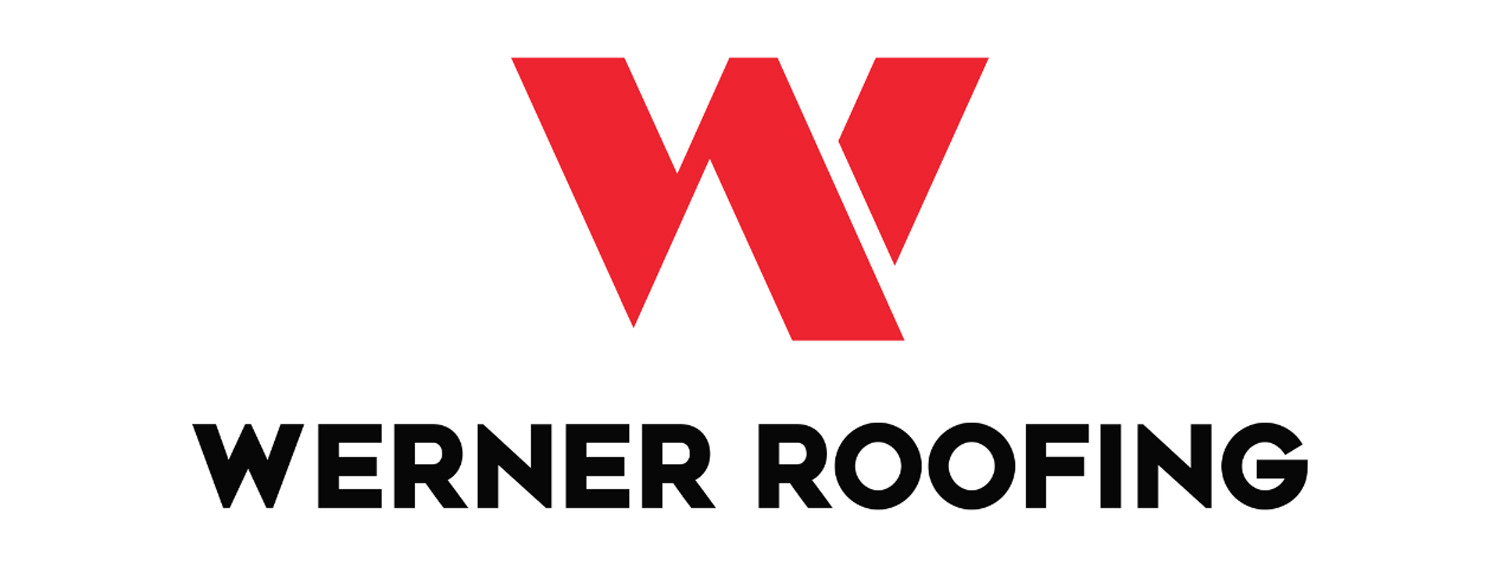
by Ben Johnson | Nov 21, 2023 | Roof Replacement
Whether you’re thinking of listing your home soon or in the future, the overall value of your home is likely an important factor. Obviously, you want to sell your home for a profit, so you’ll need to add equity.
You’ve probably already boosted the value of your home by upgrading the appliances, knocking out a wall for an open floor plan, and renovating the kitchen, but there’s still more you can do!
So, if you’re asking yourself, “How much does a new roof increase home value?” we’ve got you covered.
Does a New Roof Increase Home Value?
Yes – upgrading the roof of your house can positively affect the property value. According to Zillow.com, a new asphalt roof can have an average ROI of 68.2%, with metal roofs at 60.9%.
How Does a New Roof Increase Home Value?
We understand that a roof replacement is a significant undertaking, but it can add serious value to your home when it comes time to sell. Read on for a breakdown of how installing a new roof can increase your home’s value.
1. Better Energy Efficiency
Modern roofs are considerably more energy efficient than outdated roofs. They offer better insulation and prevent heat from escaping in the winter. In the summer, they deflect the sun’s rays and keep your house cool. This provides added value for a buyer, as they’ll have to spend less on the long-term costs of heating and cooling the home.
2. Improved Curb Appeal
Frosting on top of the cake — that’s what buyers see when they drive up to a house with a brand-new roof. Curb appeal goes a long way to entice a buyer, and an updated roof can make your home stand out from the pack.
Although it’s unlikely that a visitor has ever pointed out the state of your roof, potential buyers will. A bad roof will be glaringly obvious, and a new roof will beautifully compliment your home’s exterior.
3. Reduced Likelihood of Costly Repairs
A state-of-the-art roof lets potential buyers know there is one less thing they have to worry about if they purchase the house. When you select durable, long-lasting materials, a new asphalt roof can last anywhere from 20-25 years, and a new metal roof could last up to 50 years! By pairing the longevity of a new roof and the decreased likelihood of needing costly repairs, you get a win-win for yourself and your home’s new owners.
4. Increased Marketability
Replacing the roof makes your home more marketable, attracts more buyers, and sells quickly. This is because the added benefits of a new roof will encourage buyers to submit their offers. The chances of receiving multiple offers go up when your home has a new roof, and it can even earn you some leverage when selecting an offer and entering contract negotiations.
5. Enhanced Home Safety
A new roof not only improves the aesthetic and functional aspects of your home but also enhances overall safety. Older roofs can have hidden issues like leaks, weakened structures, or mold growth, posing health and safety risks to the occupants.
Investing in a new roof gives potential buyers peace of mind, knowing they are purchasing a home with a secure and safe roofing system. This assurance of safety can be a compelling factor that increases your home’s value when it’s time to sell.
Ready to Replace Your Roof and Increase Your Home’s Value? Werner Roofing Can Help
With so many benefits for you and your home’s potential future owners, replacing the roof on your home is one of the most effective ways to raise the value of your home before a sale!
If you have more questions about replacing your roof, or if you’re interested in replacing your roof before you sell your home, feel free to contact the experts at Werner Roofing.
As a trusted, local roofer, we can give you a free roof replacement estimate and help you decide if roof replacement is the right option for your home. Give our office a call today at 616-844-5382!

by Werner-Admin | Feb 18, 2020 | Asphalt Roofing
When it comes to choosing new roofing shingles, the number of options is overwhelming. Fortunately, roofing material technology has advanced to the point where there are hundreds of types to choose from, all of which can offer you decent quality and coverage for a reasonable price point. They all make various promises to do their job, but how can you know which one is right for you?
Let’s break down the different types of shingles available today and help you understand what to look for when you pick out which shingles will best serve you and your home.
Different shingle types suit different needs of your home, and probably your budget, too. Before choosing a shingle type, consider what your new roof needs. This will vary depending on the climate where you live and the type of weather conditions your roof has to withstand, as well as the look you want to achieve for your home. It’s important to choose shingles that will protect your home from the elements, without sacrificing style and curb appeal.
Types of Roofing Shingles
The main difference between shingle types is the material from which they’re made. That will determine how your roof looks, how it stands up to the weather, how much it costs, how easy it is to install, and how long it lasts before it needs replacing. The main types of roofing shingles are:
- Asphalt shingles: best in tough climates, either organic or fiberglass
- Wood shingles or shakes: classic look, but requires constant maintenance
- Metal shingles or panels: extremely durable with a particular look
- Clay, cement or fiber cement tiles: very lightweight, best in warm climates
- Plastic or composite: can be made to look like wood shingles, but longer-lasting
- Natural slate: longest lasting and luxurious but extremely expensive
What to Look For in Shingles for your New Roof:
Each shingle type has particular qualities that make them better for certain roof types than others. Depending on the particularities of your specific roof and the area in which you live, certain qualities are more important for you. If you live in the northern part of the country that receives more rain and snow, you wouldn’t select a shingle that can’t handle moisture and humidity. Similarly, if you live in a warm climate that receives a lot of sunlight, you wouldn’t want a roof that absorbs and traps heat during the warm months.
All shingles will vary, but here are some of the most important qualities to consider when looking for new shingles:
Durability
No matter where you live, you want to find shingles for your new roof that are going to last a long time. Pick out shingles that best suit the climate where you live. Ice and snow, high winds and rain, or extreme conditions like wildfires or hurricanes will all produce wear or damage to your roof, so you need to provide it with the best defense possible.
For example, in the Midwest, asphalt shingles are most popular because they protect homes from the icy and cold winters as well as the hot and humid summers. This type of shingle uses a grit or stone that is held in place by an asphalt covering. There are two types of asphalt shingles that differ by the material used as backing to hold the shingle together, which can influence its weight, durability and protective capability:
- Organic: contain more asphalt, are used more often in cold climates because they can withstand cooler temperatures. Organic asphalt shingles are a heavier option that can tolerate higher winds but will put more stress on a roof if it is not structurally sound.
- Fiberglass: lighter weight and less expensive, but also less durable. They also struggle with colder temperatures and are better suited for warm weather. Fiberglass asphalt shingles have a higher fire rating than organic asphalt shingles.
Color and appearance
Another important consideration when choosing new roofing shingles is their appearance. The color, texture and thickness of the shingles affects how it will look on your home. Generally, the more you spend, the more material you’re working with that will add depth and shadowing, increasing the visual appeal of your roof.
Wood shakes are classic and traditional, but more expensive than asphalt shingles. While they may be visually appealing, they don’t handle moisture well and may require more repairs. Natural slate is the most durable and extravagant type of shingle, but also the most expensive. It might not have the right look for your home or a positive impact on your budget.
Look at homes similar to yours in your area or on the web. Compare looks that you love and see how they hold up over time. You want to choose a style that will add to your home’s value. If one day you decide to sell, you’ll be glad you chose a style that is pleasing to potential buyers.
Ease of installation
Depending on the type of shingles you choose, you may need special help to install them. Not all contractors are created equal. Find a reputable roofer that is certified in the material you choose and can guarantee its flawless installation. GAF, a reputable roofing manufacturer, has its own standards and certification programs for classifying roofing contractors. They give out Master Elite certifications to those who demonstrate the skill and attention required to install their products perfectly. To find a GAF certified roofing installer near you, visit their website.
If you choose a specific roofing material that not many contractors can handle, chances are you will have to pay more to find a highly specific installation specialist. The advantage of choosing products like asphalt or metal roofing is that it won’t be hard to find extremely qualified help to install them, and you can enjoy your new roof sooner, with more assurances.
Price
Finally, and possibly most importantly, you will need to weigh the price of new roofing shingles. The price will vary greatly depending on the type shingle and the size of your roof. To help you understand the cost difference per shingle type, we found the average price per 100 square feet of material:
- Asphalt shingles: $350-$750
- Wood shingles and shakes: $750-$1,250
- Metal roofing: $750-$1,500
- Clay or cement tiles: $800-$1,800
- Plastic/composite shingles: $800-$1,250
- Natural slate: $1,200-$2,000
Ultimately, you want the best value for your new roofing shingles, so you can have a roof that’s going to last you a long time and look great, without being too costly. Fortunately, roofing technology is improving the quality, durability and price of shingles as we test out new products and practices.
If you’re ready for a new roof, but are still unsure which shingles are right for you, talk to the experts at Werner Roofing. We can provide a free roof inspection and would be happy to show you the options that would best compliment your home.



